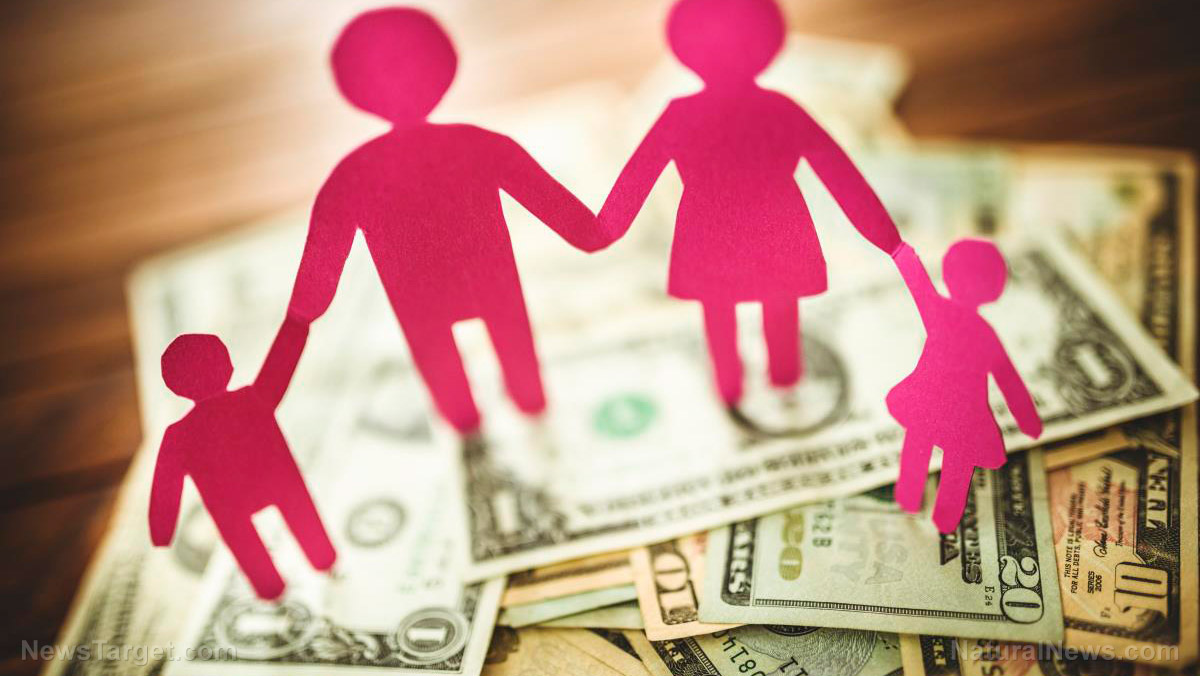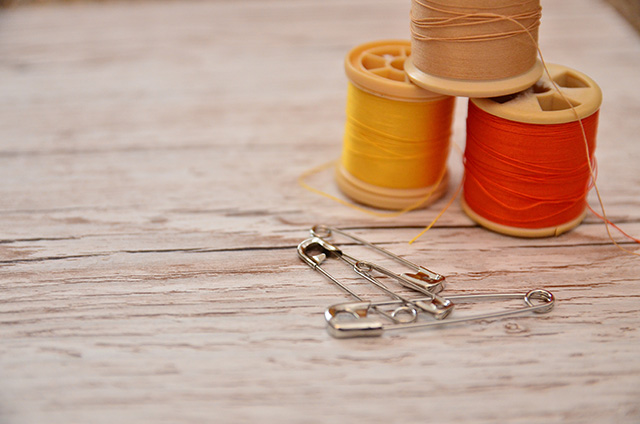 Parler
Parler Gab
Gab
- Convert dollars into tangible assets like gold, silver, ammunition, tools, and food before hyperinflation erodes purchasing power.
- Diversify precious metals into small, tradeable denominations—avoid large bars that may be confiscated or impractical for barter.
- Stockpile essential goods including water filters, storable food, and medical supplies as supply chains weaken.
- Master self-sufficiency skills like gardening, foraging, hunting, and natural medicine to survive when stores run empty or prices become untenable.
- Prepare for civil unrest by securing your home, learning self-defense, and recognizing criminal behavior before it escalates.
1. Convert cash into tangible, barterable assets
When fiat currencies collapse, people turn to real goods. Gold and silver have been trusted for centuries, but in a true crisis, small denominations (junk silver, fractional gold coins) will be more practical than large bars. However, precious metals alone won’t feed you. Prioritize: Food: Rice, beans, oatmeal, honey, salt, spices, and freeze-dried meals and fruits provide sustenance and flavor in emergency situations. Food production: Having a means to produce food long term will be even more valuable - whether that means housing chickens, rabbits, or having indoor grow methods for vegetables and herbs. Ammunition: A universal barter item in desperate times, ammunition is valuable for hunting, self defense against gangs, the mentally ill, and tyrannical government takeovers. Water filters: Clean water will be more valuable than gold, so long term water filtration is essential to survival. Medical supplies: Antibiotics, painkillers, and wound-care essentials are a must, but medical kits should be tailored to an individual's needs, too.2. Learn self-sufficiency — food, medicine, and security
When grocery stores run empty, survival depends on skills, not just stockpiles. Focus on: Gardening: Learn soil-building, composting, and seed-saving, and pest deterrence methods. Hunting & foraging: Wild game and edible plants will supplement dwindling supplies. Natural medicine: Study herbal remedies, Traditional Chinese Medicine, and wound care—pharmaceuticals may vanish, may be untrustworthy, or expired. Self-defense: Firearms proficiency, hand-to-hand combat, and situational awareness deter looters. Put yourself in a position where you show no fear. Historical lesson: During the Great Depression, those who could grow food or repair tools had steady trade value.3. Prepare for civil unrest and government overreach
Economic collapse breeds chaos. Governments may impose capital controls, confiscate assets, or freeze bank accounts (as seen in Greece and Cyprus). Protect yourself by:- Holding physical cash (small bills for daily transactions).
- Storing wealth offshore in stable foreign currencies.
- Securing your home with reinforced doors, alarms, cameras, and community alliances.
4. Eliminate Debt Before Asset Seizures Begin
Banks and governments will target private assets to stabilize failing systems. Strategies:- Pay Off High-Interest Debt First – Credit cards, personal loans.
- Negotiate with Creditors – Some may accept partial settlements.
- Liquidate Non-Essential Assets – Sell luxury items to pay down debt.
- Avoid New Debt – No mortgages, car loans, or credit lines.
- Only keep enough cash in the bank to cover monthly expenses.
5. Reduce Living Expenses by 20% or More
Cutting costs frees up cash for essential preps. Tactics:- Downsize Housing – Move to a cheaper area or rural property, where you can expand self sufficiency skills.
- Barter Services – Trade skills (mechanic work, medical knowledge, medicine making) for other necessary goods.
- Eliminate Subscriptions & Non-Essentials – Cancel streaming, dining out, luxury spending, and seek discipline.
- Bulk-Buy Staples – Reduces long-term costs, but avoid spoilage by rotating older stocks of food into your weekly routines.
- Expand income sources - This helps offset living expenses so you're not always cutting back and starving yourself.
6. Identify Nations Likely to Experience Bank Failures
Not all economies will collapse at once — some will fail first. High-risk countries:- Argentina (already in hyperinflation)
- Turkey (currency crisis)
- Japan (debt-to-GDP over 250%)
- U.S. Regional Banks (commercial real estate collapse)
7. Avoid Riots and Protests by Relocating Early
Urban areas will be epicenters of violence when food shortages hit.- Move to Rural or Semi-Rural Areas – Lower population density = less chaos.
- Establish a Bug-Out Location – A secondary safe house outside cities.
- Monitor Civil Unrest Trends – Leave before travel restrictions or lockdowns.
- Do not show Fear and Weakness - When confronted with dangerous individuals or energy, do not show fear or confusion.
- Project Knowing - In unsafe situations, project strength by knowing where you are headed and what you are accomplishing.
8. Gold’s Limitations Post-Collapse — And a Better Strategy
Gold is valuable but not always practical in a crisis. Problem: No one will trade food for a 1 oz gold coin if they need medicine. Solution: Stockpile small silver coins, alcohol, batteries, and fuel—items people need daily. Superior Approach: A mix of precious metals + high-demand barter goods.9. Where to Buy Gold & Silver at Discounted Prices
Avoid retail markups — acquire metals cheaply through: Local Coin Shops (LCS) – Negotiate bulk discounts. Online Bullion Dealers (APMEX, JM Bullion, SD Bullion) – Watch for sales. Estate Sales & Pawn Shops – Often undervalued. Private Sellers – Use trusted networks to avoid scams. Tip: Buy junk silver (pre-1965 U.S. coins)—recognizable and divisible.10. Three Skills Needed for Safe Bartering Post-Collapse
Bartering is dangerous if unprepared. Essential skills: Negotiation & Appraisal – Know real value to avoid exploitation. Security Awareness – Avoid ambushes during transactions. Basic Blacksmithing/Repair – Fixing tools and weapons ensures ongoing trade value. As the financial system unravels, the unprepared will beg for help while the self-reliant trade, grow, and defend what’s theirs. The choice is clear: act now or regret later. Be a survivor, not a victim. Sources include: SurvivalLife.com SurvivalLife.com Enoch, Brighteon.ai28 Underrated prepping items that could save your life in an emergency
By Zoey Sky // Share
Trump lifts Syria sanctions in major policy shift, paving way for reconstruction
By Cassie B. // Share
Governments continue to obscure COVID-19 vaccine data amid rising concerns over excess deaths
By patricklewis // Share
Tech giant Microsoft backs EXTINCTION with its support of carbon capture programs
By ramontomeydw // Share
Germany to resume arms exports to Israel despite repeated ceasefire violations
By isabelle // Share










